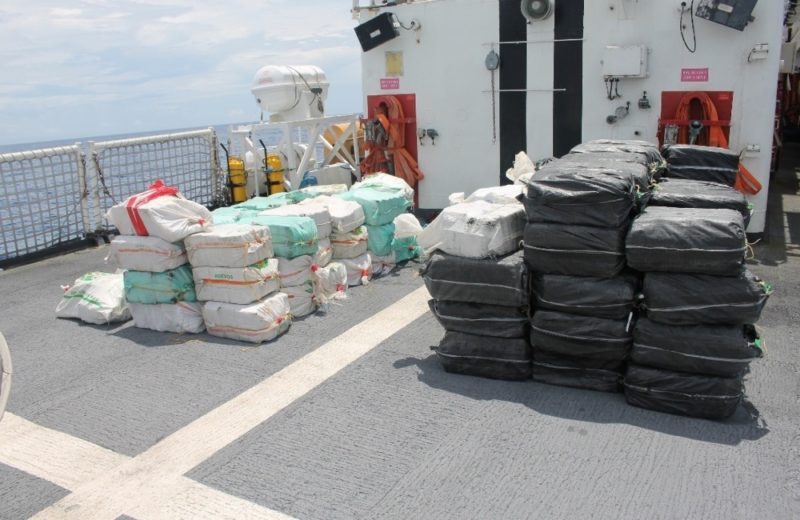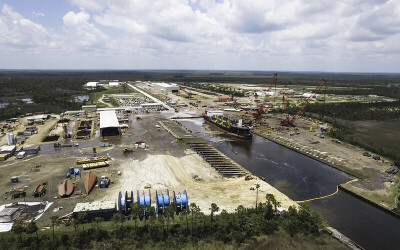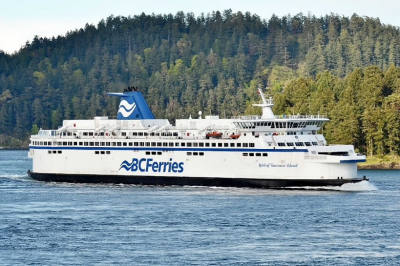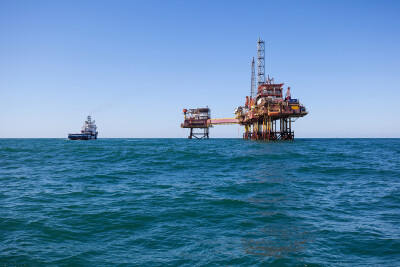In June, the Coast Guard cutter Vigilant crew confiscated 122 bales of cocaine in back-to-back interdictions of go-fast vessels just off the coast of Limon, Costa Rica.
The forward-deployed Coast Guard MH-65 Dolphin helicopter crew aboard the Vigilant successfully disabled the first go-fast vessel and observed the crew throwing packages overboard.
Once on scene, the boarding team discovered four people aboard and recovered 77 bales or approximately 4,200 lbs. of cocaine from the water. Immediately following the first interdiction, the helicopter crew and a separate cutter boarding team were vectored to a 34' go-fast vessel with five people aboard.
The helicopter crew successfully disabled the second go-fast vessel and also observed the crew throwing packages overboard. Vigilant’s boarding team arrived on scene, apprehended five people and recovered 45 bales or approximately 2,600 lbs. of cocaine from the water.
The cocaine recovered during both interdictions has an estimated wholesale value of approximately $118.3 million. The nine people will be prosecuted by the Middle District of Florida and the seized contraband will be transferred to Drug Enforcement Administration.
“Every high-speed interdiction of drug-laden vessels presents unique challenges, so for us to simultaneously interdict two overpowered go-fast vessels in the middle of the night is extraordinary,” Cmdr. Fred Bertsch, commanding officer of the Vigilant, said in a statement announcing the interdictions. “I am very proud of our crew and could not have asked anything more from them. These efforts, combined with those of our partner agencies and nations, will help ensure stability in the Western Hemisphere.”
Once aboard a Coast Guard cutter, all detainees receive food, water, shelter and basic medical attention. Throughout the interdiction Coast Guard crew members were equipped with Personal Protective Equipment to minimize potential exposure to any possible case of COVID-19. No detainees were reported to be sick or to have any Covid-19 related symptoms.
On April 1, U.S. Southern Command began enhanced counter-narcotics operations in the Western Hemisphere to disrupt the flow of drugs in support of Presidential National Security Objectives. Numerous U.S. agencies from the Departments of Defense, Justice and Homeland Security cooperated in the effort to combat transnational organized crime. The Coast Guard, Navy, Customs and Border Protection, Federal Bureau of Investigation, Drug Enforcement Administration, and Immigration and Customs Enforcement, along with allied and international partner agencies, play a role in counter-drug operations.
The fight against drug cartels in the Caribbean Sea requires unity of effort in all phases from detection, monitoring and interdictions, to criminal prosecutions by international partners and U.S. Attorneys Offices in districts across the nation. The law enforcement phase of counter-smuggling operations in the Caribbean Sea is conducted under the authority of the Coast Guard 7th District, headquartered in Miami. The interdictions, including the actual boardings, are led and conducted by the Coast Guard.





